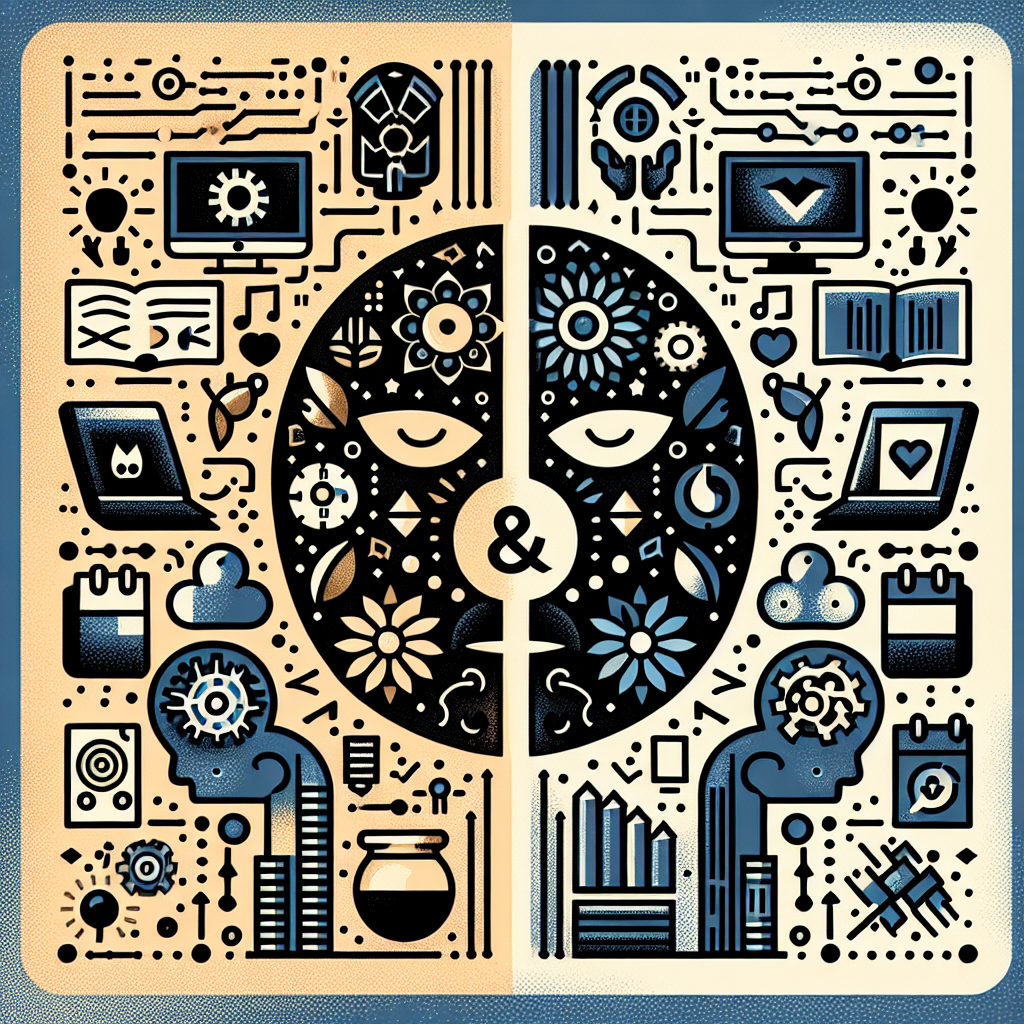Your cart is currently empty!
Advantages and Disadvantages of Non-volatile Memory Solutions

Non-volatile memory solutions have become increasingly popular in recent years due to their ability to retain data even when power is turned off. These solutions offer several advantages, but they also come with their own set of disadvantages. In this article, we will discuss the advantages and disadvantages of non-volatile memory solutions.
Advantages:
1. Data Retention: One of the biggest advantages of non-volatile memory solutions is their ability to retain data even when power is turned off. This means that users do not have to worry about losing their data in the event of a power outage or system failure.
2. Fast Access Times: Non-volatile memory solutions typically have faster access times compared to traditional hard drives. This means that users can access their data quickly and efficiently, making them ideal for applications that require fast data retrieval.
3. Durability: Non-volatile memory solutions are more durable than traditional hard drives, as they do not have any moving parts. This makes them less susceptible to physical damage and can help extend the lifespan of the device.
4. Energy Efficiency: Non-volatile memory solutions require less power to operate compared to traditional hard drives. This can help reduce energy consumption and lower operating costs for businesses and individuals.
Disadvantages:
1. Cost: Non-volatile memory solutions are typically more expensive than traditional hard drives. This can be a barrier for some users, especially those on a tight budget.
2. Limited Storage Capacity: Non-volatile memory solutions generally have smaller storage capacities compared to traditional hard drives. This can be a disadvantage for users who require a large amount of storage space for their data.
3. Limited Lifespan: Non-volatile memory solutions have a limited number of write cycles before they start to degrade. This means that they may not be suitable for applications that require frequent data writes or updates.
4. Compatibility Issues: Non-volatile memory solutions may not be compatible with all devices or operating systems. This can be a disadvantage for users who need to transfer data between different systems or devices.
In conclusion, non-volatile memory solutions offer several advantages, including data retention, fast access times, durability, and energy efficiency. However, they also come with their own set of disadvantages, such as cost, limited storage capacity, limited lifespan, and compatibility issues. It is important for users to weigh these pros and cons carefully when considering non-volatile memory solutions for their data storage needs.

Leave a Reply